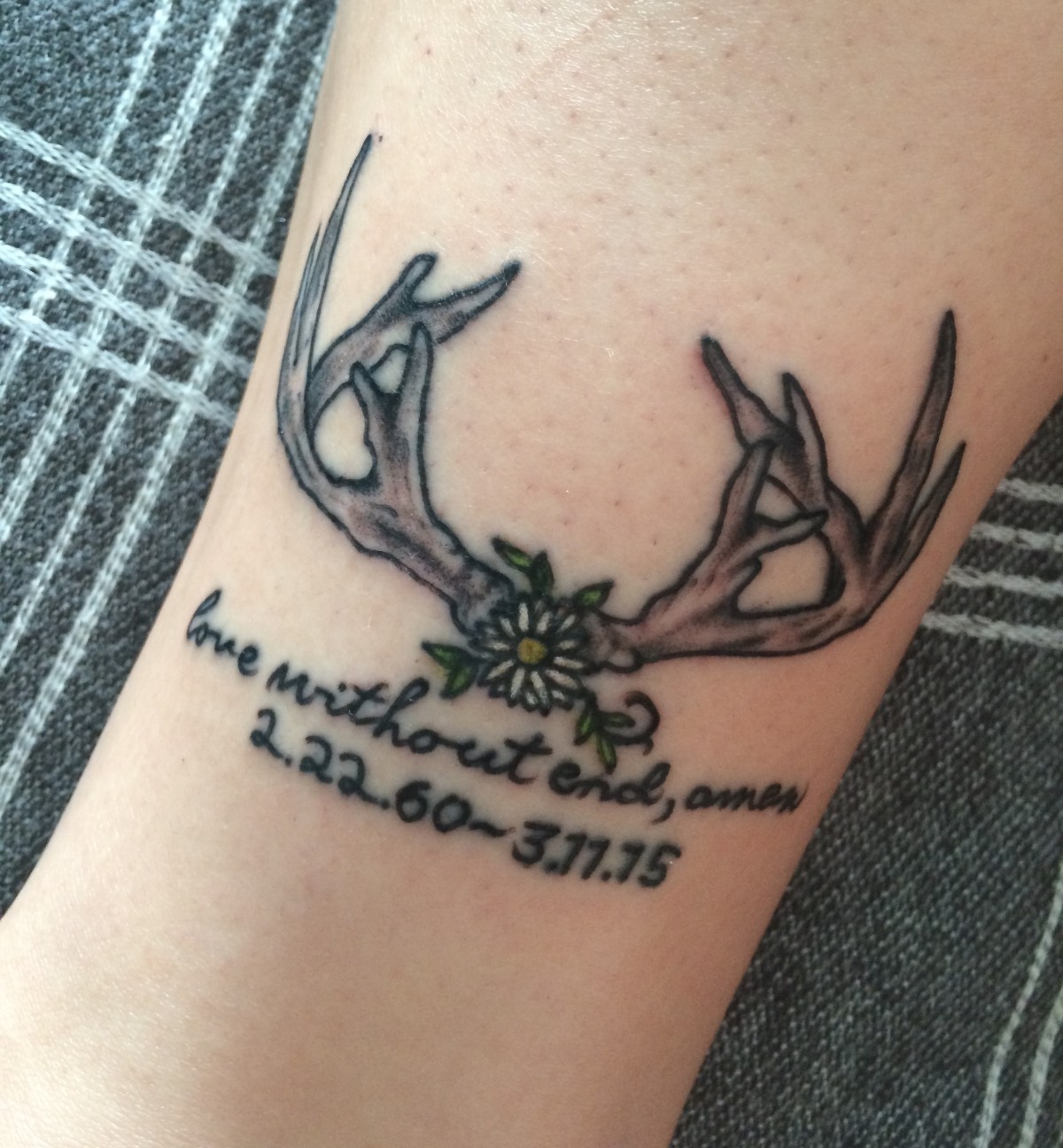This is a piece I originally wrote for The Odyssey. You can read the original here.
I essentially watched my father die on our kitchen floor a year and a half ago. He collapsed one night, as he had many times before due to a few too many. That night was different. His breath was almost nonexistent as I watched my mother attempt to perform CPR. It took first responders almost 10 minutes to arrive and although he was technically alive, his life had ended at that point. Still, we spent all night and the next day at hospitals until we were sent home that afternoon. Around 10 PM, we received a call saying things had gotten worse. I listened to my mother scream in the shower, asking God why and asking my father to pull through. Her cries made my heart weak.
It was later that night she had to make the decision to pull the plug (a similar decision she was forced with nine years earlier). He lived about an hour off of life support. Doctors think it may have been a heart attack and seizure but are unsure which occurred first, as well as the likelihood of a damaged brain stem when his head landed in the wall, leaving a hole still unpatched.
He didn’t really have a chance. We knew his life would be shortened by 10 years because nine years earlier, he fell off a roof while building a house. Traumatic brain injury. He was in a coma and rehabilitation for four or five months. After his release, he went home to my grandparents’ because our home was deemed unsafe for someone with a healing hole in their throat. It was a long recovery for him to even seem human again but he never did return to who he was before the accident.
Fast-forward a bit. He became depressed and bored. He couldn’t do what he had loved – carpentry. He always drank, but it got much worse after the accident, especially during my high school years. He was angry. Senile. Grumpy. Not a pleasure to be around.
I was daddy’s little girl growing up. I hung out with him quite a bit. Every Sunday, we visited the farm and my grandparents’, usually just him and I. But our relationship changed due to his depression and drinking and my teenage rebellion.
We fought, a lot. Yelling. Cursing. It wasn’t your normal parent-child bickering. It got to the point that we couldn’t have normal conversations. I became disgusted in the things he did, how he acted. I couldn’t have people over because I was embarrassed by his anger and his drinking. He was rude to those that I did bring over. I would hide out in my room or avoid being home. I didn’t want to be around him.
It got better when I went off to college and started dating my boyfriend.
Our relationship went through stages but through ages 12 to 19, I wouldn’t have considered him to be fatherly. I never felt like he cared like a father is supposed to.
I’m not the only one who’s had to deal with a death of a parent. But how do you mourn a parent when most of your memories of them are tarnished because of a resentful relationship?
After his death, I was very confused. I cried, a lot. I was glad he wasn’t suffering through his unhappiness anymore. I was angry that he left my mother without a will or her name not on any of the 73 acres of land. I often thought about how my children will be missing a grandfather and my husband won’t have a father-in-law. I acted like a child who lost a parent they loved dearly. Then I felt stupid. I asked myself, how can I play this helpless woe is me girl when I essentially hated my father most of the time? I felt guilty for lying to people saying how he was a good family man when he sucked at being a father. Yeah he loved his parents, siblings, and friends dearly, but other than that, no one outside of our immediate family really understood what he was like at home.
When someone dies in our lives who “deserved” love because of their role, but didn’t earn it, we often tend to change our beliefs of them to much more positive feelings. It’s an odd coping mechanism that helps us to cover the dissonance we have because we didn’t have the chance to mend relationships with the deceased. We call it unfinished business.
So how are we supposed mourn that undeserving person? Exactly how we’re doing it. After such a person dies, we realize what could have been fixed so we mourn the idea of a perfect relationship played out in our head that never happened. We always think we have more time but then we run out of it. It’s not necessarily the person we mourn. I’m still conflicted today. I still feel wrong for being sad sometimes. I feel stupid for getting a tattoo for him sometimes, but it reminds me of the good times as daddy’s little girl. And that’s what is most important to me and anyone who’s experienced such contradictions.
Remember what you want about the person, don’t let anyone tell you are wrong for having those feelings.

